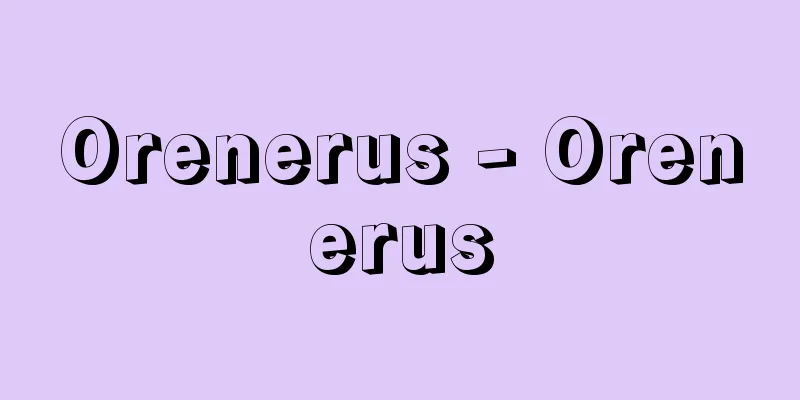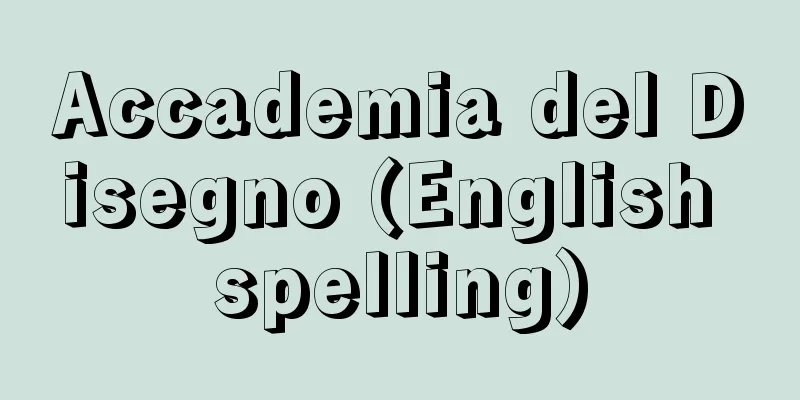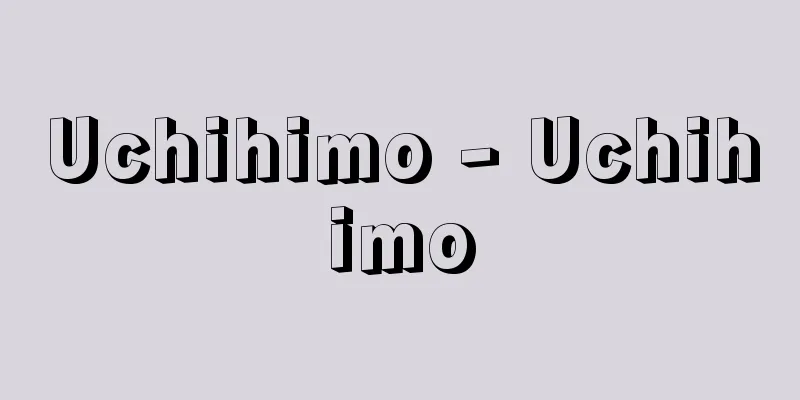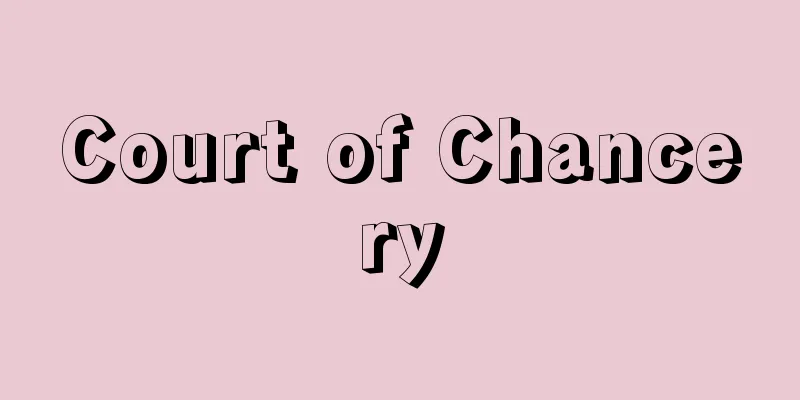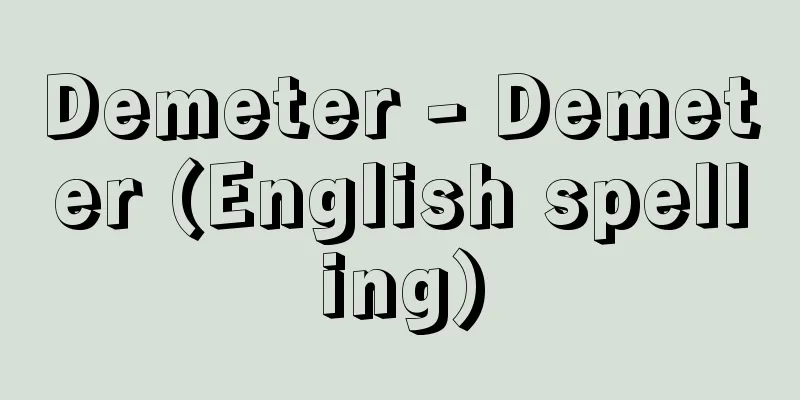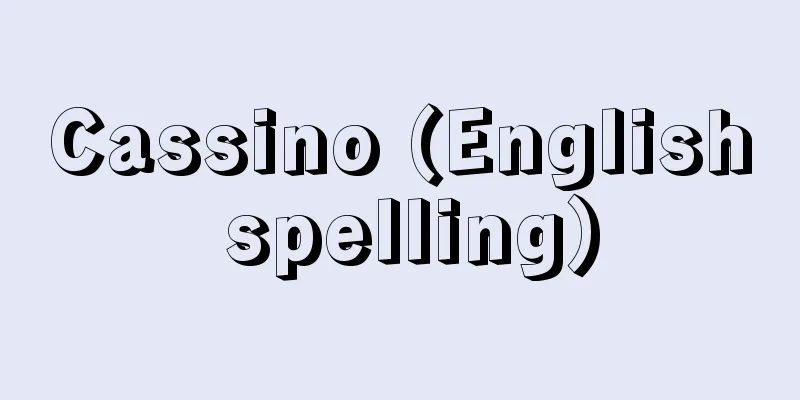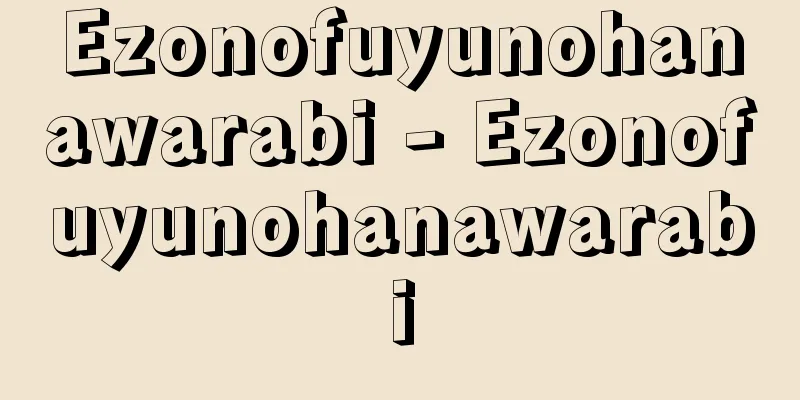Phrase structure - Kukozo

|
…The equivalent of (1) with the category names of each word and phrase written on it can be expressed as in (2). (1) and (2) are essentially the same (apart from the presence or absence of category names) and are called a "phrase structure." In particular, the phrase structure shown in (2) is often called a "tree" (because it looks like a tree turned upside down).… *Some of the terminology explanations that refer to "phrase structure" are listed below. Source | Heibonsha World Encyclopedia 2nd Edition | Information |
|
…(1)に各単語や各句のカテゴリー名を書き添えたのに相当するものは,(2)図のようにあらわすことができる。(1)(2)は(カテゴリー名の有無を別にすれば)本質的には同じものであり,〈句構造phrase structure〉と呼ばれる。特に(2)のように示した句構造はしばしば〈樹(き)tree〉と呼ばれる(樹の上下を逆にしたような形なので。… ※「句構造」について言及している用語解説の一部を掲載しています。 出典|株式会社平凡社世界大百科事典 第2版について | 情報 |
Recommend
Yamajiso
An annual plant of the Lamiaceae family. It grows ...
big marigold (English spelling) bigmarigold
…Recently, a dwarf, large-flowered variety has be...
Yuri clan - Yuriuji
A medieval samurai family from Yuri County, Dewa P...
Night Sky Light
This refers to the natural light from the night sk...
Carpați (English spelling)
…The mountain range that forms part of the Alpine...
Jushu salt fields - Jushu salt fields
A general term for the salt fields that existed in...
Takeshimaran (English name) Streptopus streptopoides var. japonicus
This perennial plant of the lily family grows as u...
Wimshurst, J.
…Today, large generators are insulated with sulfu...
Melissos (English spelling)
Born around 480 BC in Samos [Died around 400 BC] A...
Construction Statistics
Construction statistics are broadly divided into t...
Seafood processing - Suisankako
It refers to the use and processing of aquatic ani...
Apomixis - Apomixis
A type of asexual reproduction. Normally, sporophy...
9 - K
...There is also the following classification rel...
Multiclone
...The classification particle size is usually ab...
Seinosuke Oishi - Oishi Seinosuke
Year of death: January 24, 1911 (Meiji 44) Year of...

